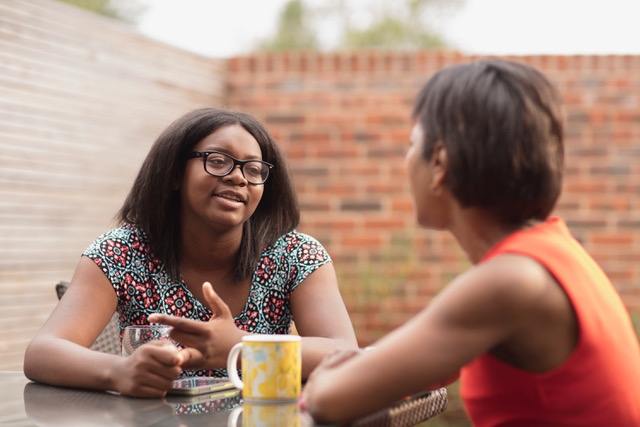Keeping It Safe On The Internet
For this week’s blog, I have adapted our October 24, 2019 entry, as it is still as relevant now as it was then and with so much emphasis on staying safe on the internet this week, it makes sense to reflect.
Here we go…. Lots to be said about internet safety. Our podcast featuring Charlotte Aynsley, e-safety pioneer and expert, sheds a whole lot of light on the topic as do many other platforms. Last year, I attended an inaugural lecture of a law professor at King’s College, London, who talked about the importance of Internet Regulation the world over.
But here is the thing, is the message really sinking in, particularly with our teenagers?
After all the Internet is the global hangout, full of wonderful opportunities. What could go wrong? Back in the summer of last year, I actually heard a young boy say something to that nature—why would it be on the Internet if it is bad—and according to On Internet Safety guest Aynsley, this child is not the only one who thinks that way. There are many children growing up believing that everything on the Internet is true and right.
Though this might sound naïve, it makes a whole lot of sense to the young person whose internet experience is all positive until it isn’t. In the UK, the legal age for having a social media account is 13, though about 24% of children have accounts when they are 10 and twice as many when they turn 12.
A few years ago, a hysterical acquaintance shared that her underage daughter was asked to undress over the Internet. But thankfully it was all curtailed before any damage was done. But what if it hadn’t been stopped.
Sadly, everyone’s story doesn’t have the same ending as my acquaintance’s daughter had, and mainly because few teenagers are aware of the emotional and mental impact that sharing sexually explicit images can have on them, their friends or others or that sexting, as it is called, is criminal if you are under the age of 18.
Admittedly, this issue is not being policed as strictly as it could be, Aynsley points out, but all the same, consequences can lead to emotional and mental unrest and cause dire consequences for the future.
Another top issue that holds problems for teenagers online is body image, which impacts girls disproportionately. The pressure on them to be perfect and happy all the time, as told to us by our two teen girls in On Being A Teen Girl Now, is magnified on social media. Through polished selfies, this aim for perfection goes well beyond looks and enters how our teen girls are feeling about themselves.
Hence the rise in mental health issues amongst this age group. The key is education, Aynsley says and points out that transparency and honest and real life role models and experiences are of paramount importance.
And this honesty doesn’t just rest with the teenagers themselves, it has to live with parents and guardians, social media companies, the government, the police, everyone.
Staying safe on the internet, which can be a wonderful place, requires a joint effort to not only be aware of the problems stacked against us, particularly children and teenagers, but also be willing to tackle the issues.
The good news is that our podcast clears up the confusion around these tough topics and offers teenagers and their guardians practical tools and tips on the matters. Listen to On Internet Safety on Apple podcasts and other platforms where podcasts are played.




